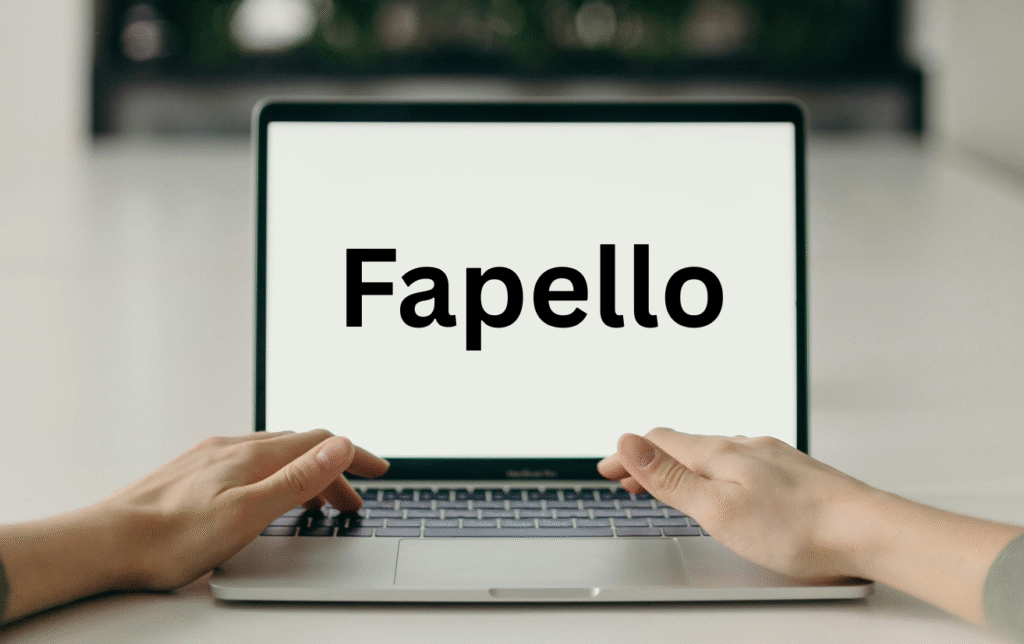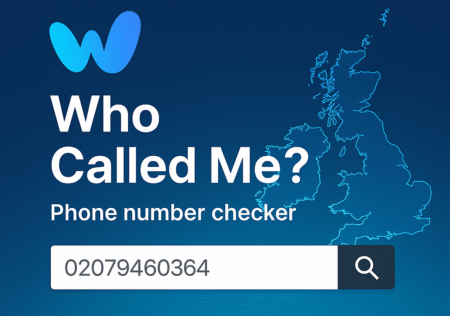In the age of digital creativity, this Fapello is both a symptom and accelerator of the challenges plaguing the creator economy. Sleek, mysterious, and polarizing, Fapello is now at the centre of ongoing debates like ethics, piracy, and the issue of consent in our lives online. Evaluating and comparing two in-depth investigations of Fapello will teach us a lot not just about what Fapello is but also what cultural crisis it represents and what we must do next.
What Is Fapello? and How Did It Take Root?
It is an NSFW aggregator that targets OnlyFans paywall content, usually reposting it without compensating the original creator. The key distinction? Fapello doesn’t host original, verified creators. By contrast, it simply repackages someone’s stolen work and makes it available for free. This may appear to be a clever hack for users, but for creators, it’s a major infringement.
What sets it apart is its clear focus on the systems that enabled Fapello:
- The Creator Boom: As more people monetised their content online, the risk and temptation for digital piracy exploded.
- Digital Piracy 2.0: Through social media virality and decentralised technologies, leaks now spread at lightning speed.
- Shady Infrastructure: Offshore hosting, proxies, and rapid domain changes make such platforms incredibly hard to regulate or remove.
Fapello in personal impact, stress how tech change has outpaced user ethics, legal protections leaving creators vulnerable and often helpless.
Who’s Using Fapello? and Why Does It Matter?
Fapello’s user base is driven by the lure of free, premium content, curiosity, and a prevailing sense of “harmlessness” due to online anonymity.
- The normalising of digital exploitation.
- The erosion of both creator incomes and broader internet ethics.
Every user click, it argues, passively fuels the ecosystem of piracy and disrespect for creative labour. It’s a reminder that “just browsing” has real-world consequences for real people.
The Stakes: For Creators, It’s More Than Money
Fapello’s biggest crime is stripping creators of their privacy, autonomy, and dignity.
- Financial Loss: Leaked content directly impacts creators’ livelihoods.
- Emotional Toll: Many experience anxiety, burnout, and deep violation.
- Speed of Theft: Content can be scraped and republished within mere hours of upload.
Where they differ:
- The scale, economic loss ($4.2B+) and industry trends (AI-powered piracy, blockchain verification).
- Emotional reality, describing the hurt and despair of creators whose work is stolen.
Why Hasn’t Fapello Been Stopped?
A major point of overlap is the near-impossibility of shutting down platforms like Fapello. The culprits:
- Offshore, decentralised hosting.
- Rapid “domain hopping” to dodge legal efforts.
- Ineffective, slow international takedown requests.
Current legal and industry measures lag significantly behind the rapidly evolving tech landscape.
Can Creators Actually Fight Back?
Yes, but it’s an uphill battle. Best practices include:
- Watermarking and metadata tracking.
- Using AI and blockchain tools to trace and prove ownership.
- Partnering with a legal services expert in DMCA takedowns.
But there’s a shared call to action: Creators shouldn’t be left to fight alone. Real change must come from industry collaboration, proactive platforms, legal reform, and informed support from users.
What Users and Platforms Must Do
Analytical Pros of Fapello’s existence:
- It exposes gaps in existing creator protections.
- It forces urgent conversations about digital ownership and online ethics.
- It reflects immense, unmet demand for accessible content.
But the Cons are far-reaching:
- Widespread privacy violations and economic harm.
- The normalisation of theft and dehumanisation of creators.
- A “wild west” where laws and ethics are always two steps behind technology.
Spotting Red Flags: Protecting Yourself and Creators
The straightforward tips are:
- Beware of sites with frequent domain name changes, missing contact information, and unmoderated free access.
- If pop-ups, malware, or lack of reporting features abound, steer clear.
“If it feels sketchy, it probably is.”
Moving Forward: Towards a Safer, More Respectful Digital Future
Fapello is a warning sign, a mirror reflecting the gaps and flaws in our digital world. The trends shaping a solution include:
- Secure, verified-only creator platforms.
- AI-powered moderation and real-time piracy detection.
- Industry-wide legal alliances and international digital policy.
- Technological innovation, such as blockchain, empowers creators to protect their work.
But no tool or law will matter if users do not value digital consent or fair compensation.
Final Thoughts
- Fapello is more than a piracy issue: It highlights critical gaps in digital consent, creator rights, and internet ethics.
- Every “free” leak comes at a cost, impacting the lives, livelihoods, and mental well-being of real creators.
- Current regulations and platform safeguards are lagging, allowing sites like Fapello to thrive through technological loopholes and slow legal action.
- Users have power: Every decision, whether to view, share, or avoid pirated content, helps shape the online culture and its values.
- Building a respectful digital future requires a collective effort: Stronger laws, better technology, user solidarity, and conscious consumption are all essential.
- Supporting creators benefits everyone: By valuing digital labour and respecting paywalls, we foster innovation and a healthier online community.
- Let’s choose empathy, ethics, and support for those who make the internet a richer place.










